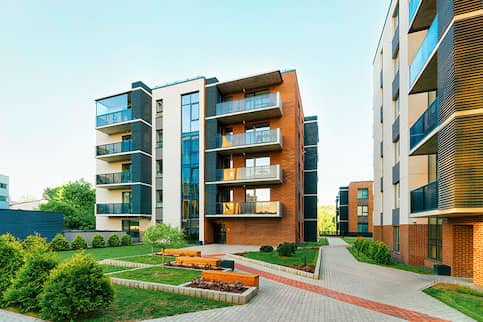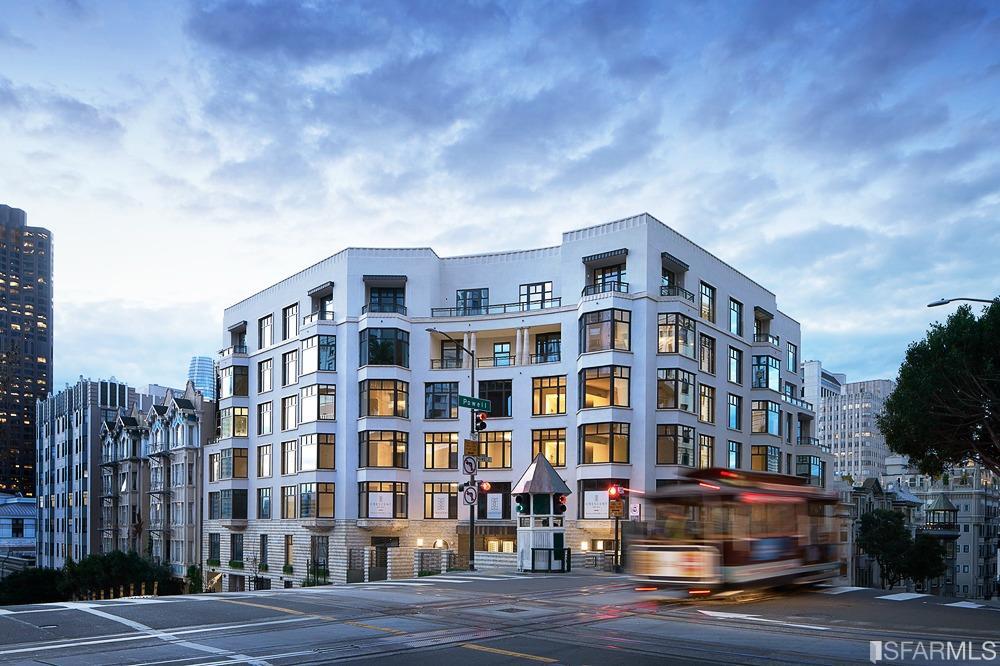The Duty of an HOA in Establishing and Enforcing Neighborhood Standards for Locals
The function of a Homeowners Organization (HOA) in developing and implementing community standards is basic to preserving a organized and natural household setting. By developing clear policies that govern aspects such as home upkeep and area conduct, the HOA not just sets standards for homeowners yet likewise fosters a feeling of belonging and responsibility.
Understanding Home Owners Organizations
Homeowners associations (HOAs) offer as regulating bodies for residential areas, playing a critical function in maintaining building worths and fostering a feeling of community. Commonly developed by programmers, HOAs are composed of home owners within an assigned location who choose a board to supervise the organization's activities. The key functions of an HOA consist of enforcing neighborhood rules, taking care of common locations, and arranging community occasions.
HOAs operate under a set of controling files, including agreements, problems, and limitations (CC&R s), which outline the civil liberties and duties of property owners. These guidelines intend to ensure that residential properties are kept to a certain criterion, consequently shielding the visual charm and total worth of the community. In addition, HOAs usually gather fees from home owners to money upkeep, landscaping, and other social work.
The existence of an HOA can substantially affect the living experience within an area (hoa condo). While some homeowners value the organized setting and amenities provided, others may find certain regulations limiting. Stabilizing the passions of all home owners is essential for an HOA to function effectively, ensuring that it offers its desired objective of boosting neighborhood living while appreciating private property owner rights
Developing Area Standards

To start, an HOA needs to perform studies or convene that enable citizens to articulate their ideas and issues. This participatory process fosters a sense of possession and raises conformity. Next off, the HOA board should evaluate the feedback to identify usual motifs and concerns that call for formal inclusion in the standards.
It is additionally necessary to make sure that the guidelines are clear, concise, and conveniently comprehended. Ambiguities can lead to disputes and misunderstandings, threatening the function of the guidelines. The standards ought to be thorough, covering different aspects of area living, including building maintenance, sound levels, and usage of common locations.
Enforcement of Guidelines
Efficient enforcement of community policies is essential for keeping order and guaranteeing that all homeowners comply with the developed guidelines. An HOA needs to implement a structured strategy to impose these laws, which frequently entails a combination of tracking, interaction, and penalties for non-compliance.
First, routine examinations and community patrols can assist recognize violations, making sure that rules are regularly used throughout the neighborhood. This positive tracking permits the HOA to address problems prior to they rise, fostering a sense of liability amongst locals.
2nd, clear interaction is important. Homeowners must be notified of the policies and the treatments for reporting offenses. An open line of communication encourages locals to voice worries and look for explanation on standards, which can boost conformity.
Finally, when infractions happen, the HOA should impose repercussions as detailed in the regulating files. This may include warning find out letters, fines, or, in severe instances, lawful activity. It is essential that charges are applied fairly and regularly to maintain trust within the area. By properly implementing policies, an HOA can grow an unified living setting that reflects the collective worths of its residents.
Benefits of HOA Rules
Various advantages develop from the implementation of HOA regulations, which offer to enhance the lifestyle within a neighborhood. One primary benefit is the maintenance of residential or commercial property worths. By imposing criteria for aesthetics and maintenance, HOAs ensure that homes and typical areas stay attractive, promoting a desirable living atmosphere that can lead to boosted residential or commercial property worths over time.
Furthermore, HOA regulations promote uniformity and uniformity within the neighborhood. This comprehensibility in design and upkeep aids to create a feeling of belonging amongst locals, adding to area pride and a positive ambience. Furthermore, established standards facilitate dispute resolution amongst next-door neighbors by providing clear expectations and methods for behavior, thus lessening disagreements.
An additional substantial benefit is the provision of shared facilities and solutions. Lots of HOAs take care of area centers such as clubs, parks, and swimming pools, which improve entertainment possibilities for homeowners. These services not just boost the top quality of life yet additionally urge social communication.
Eventually, the guidelines set forth by an HOA cultivate a well-organized, harmonious community, ensuring that residents enjoy a high criterion of living while cultivating an encouraging atmosphere for all house owners.
Typical Challenges Faced by HOAs
Among the advantages that property owners associations (HOAs) can supply, they additionally experience a variety of challenges that can hinder their effectiveness. One significant problem is the lack of resident involvement. Numerous property owners might not take part in meetings or area tasks, bring about a detach between the HOA board and residents. This disengagement can cause misunderstandings about area guidelines and an absence of support for enforcement initiatives.
One more obstacle is the enforcement of guidelines and laws. Disputes can develop when residents feel that enforcement is irregular or prejudiced, potentially causing conflicts within the neighborhood. In addition, HOAs frequently encounter financial restrictions, which can restrict their capacity to maintain typical locations or fund area projects. This can produce discontentment amongst residents who anticipate explanation high criteria of maintenance.
Additionally, navigating legal complexities can be intimidating for HOAs. They must ensure compliance with state regulations while handling their very own regulating files, which can be a source of confusion. Lastly, transforming demographics and advancing neighborhood needs go require HOAs to adapt their standards, usually satisfying resistance from enduring locals who are accustomed to typical standards. Dealing with these obstacles is vital for promoting a harmonious and growing area.
Verdict

By creating clear rules that regulate facets such as property upkeep and neighborhood conduct, the HOA not just establishes standards for citizens yet additionally cultivates a feeling of belonging and accountability.Homeowners associations (HOAs) serve as regulating bodies for household communities, playing a vital duty in keeping home worths and promoting a feeling of area. Several homeowners may not take part in meetings or neighborhood activities, leading to a detach in between the HOA board and citizens. Transforming demographics and advancing area needs require HOAs to adjust their standards, commonly fulfilling resistance from long-lasting homeowners that are accustomed to standard standards. With the advancement of clear policies and constant enforcement, HOAs promote residential or commercial property maintenance, community satisfaction, and trust fund amongst citizens.
Comments on “Top Myths About HOA Condo Life Debunked”